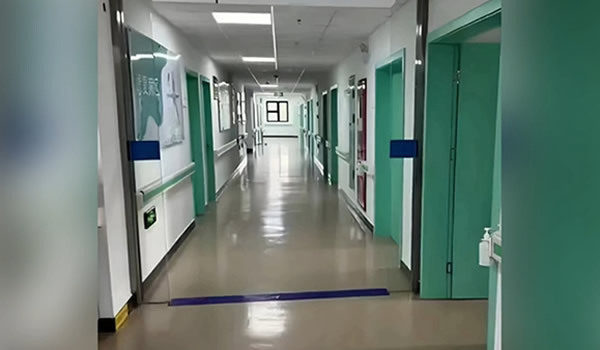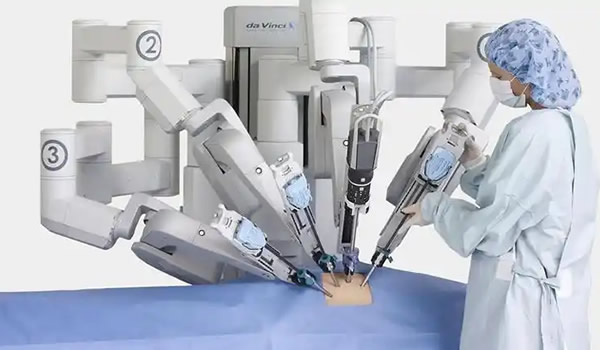Recovery and rehabilitation programs are critical for patients after major surgeries, chronic illnesses, or mental health challenges. Asia is rapidly developing world-class recovery centers that integrate medical care, physical therapy, nutrition, and holistic healing. This guide explores the best practices, facilities, and innovations shaping recovery programs across the region.

Recovery is often as important as the treatment itself. For patients who undergo major surgeries, strokes, cardiac procedures, or cancer treatments, proper rehabilitation can significantly improve long-term outcomes and quality of life. In Asia, where healthcare is evolving quickly, recovery programs are expanding in both hospitals and specialized centers.
Importance of Recovery Programs
Without proper rehabilitation, patients face higher risks of complications, reduced mobility, or recurrence of illness. Recovery programs are designed to help patients regain strength, improve mental health, and reintegrate into daily life. In many cases, rehabilitation can reduce hospital readmissions and lower healthcare costs in the long term.
Types of Recovery Programs
- Post-Surgery Recovery: Cardiac rehabilitation after heart bypass or stent procedures. Orthopedic recovery following joint replacements or spinal surgeries. Cancer recovery programs focusing on regaining strength after chemotherapy or radiation.
- Neurological Rehabilitation: Stroke recovery centers offering physiotherapy, speech therapy, and occupational therapy. Programs for patients with Parkinson’s disease and multiple sclerosis.
- Substance Abuse and Mental Health Recovery: Detoxification programs with medical supervision. Long-term therapy combining counseling, group sessions, and mindfulness.
- Holistic Wellness Recovery: Retreats offering yoga, meditation, nutrition therapy, and natural medicine. Integration of traditional practices such as Ayurveda or acupuncture into recovery.

Leading Recovery Centers in Asia
Several facilities stand out for their excellence:
- Singapore General Hospital Rehabilitation Centre: Known for advanced neuro-rehab programs.
- Apollo Hospitals, India: Offers comprehensive post-surgery rehabilitation across specialties.
- Bangkok Hospital, Thailand: Provides integrative recovery with physiotherapy, dietetics, and mental health support.
- South Korea’s National Rehabilitation Center: A leader in stroke and spinal cord injury recovery.
Innovations in Recovery Care
Technology is transforming recovery programs:
- Robotic Exoskeletons: Assist stroke and spinal injury patients in regaining mobility.
- Virtual Reality Therapy: Used to improve motor skills and reduce pain.
- Wearables: Devices track patient progress remotely and adjust therapy plans.
- Tele-rehabilitation: Patients in remote areas access therapy sessions via digital platforms.

Role of Nutrition and Lifestyle
Recovery is incomplete without proper nutrition. Hospitals now include dietitians in recovery teams to provide tailored plans for diabetic, cardiac, or cancer patients. Lifestyle changes such as smoking cessation, stress management, and guided exercise also play vital roles.
Conclusion
Recovery programs in Asia are advancing rapidly, combining modern medicine with holistic traditions. From cutting-edge neuro-rehabilitation centers to wellness retreats, patients now have more options than ever to rebuild their lives after illness or surgery. The future will likely see even more integration of technology and natural healing, ensuring recovery is personalized and effective.
medical recovery Asia, rehabilitation programs Asia, post-surgery recovery